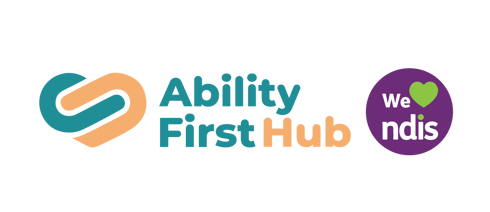
Empowering Independence
Supporting individuals with disabilities to live fulfilling lives through tailored services and compassionate care.

Our Services
Personal care
Assistance with daily activities like self-care, bathing, toileting and dressing
Transport
Services to help people get around
Social and community participation
Help with household chores like cleaning and yard maintenance
Domestic assistance
Support to help people get involved in the community
Respite care
Education and employment
Short-term breaks for carers
Help with accessing and maintaining employment and education
Improve daily living skills
Occupational therapy, Physiotherapy, Speech therapy, Psychology & Life skills training
Support coordination
Support coordination level 1 and 2.
Helps people with disabilities use their NDIS plans to access supports and services. Also help people build skills and confidence.
Our Services
Personal Care
Personal care supports relate to assistance with daily personal activities including assistance with, or supervision of, personal tasks of daily life. For example: personal hygiene, including showering, bathing, oral hygiene, dressing and grooming toileting, bladder and bowel management and menstrual care eating and drinking
Transport Assistance
Social & Community Participation
Domestic assistance supports NDIS participants and other individuals with disabilities to help them manage daily household chores. These services aim to foster independence and assist with tasks that may be difficult due to a person’s disability.
Cleaning: Help with general cleaning tasks, such as vacuuming, mopping, dusting, and cleaning areas like the kitchen or bathroom.
Laundry: Assistance with washing, drying, folding clothes, and ironing if needed.
Meal Preparation: Support with cooking meals, grocery shopping, and potentially planning meals.
General Household Tasks: Help with other household chores like taking out the rubbish, changing bed linens, or organizing items around the home.
Domestic Assistance
Social and community participation is about meeting people with similar interests and joining in social and community activities. It means going where others go, doing what others do, with other people and choosing activities you enjoy. Social and community participation also means different things to different people. It can include going to your local cafe, joining a netball team, bushwalking with a friend, doing a craft class, getting work experience, or volunteering.
Education and Employment
Supporting NDIS participants to access education and employment opportunities by funding services, assistive technology, and skill development. The goal is to help individuals build independence, gain qualifications, and secure meaningful work.
Allied Health
Allied health professionals are specialists who support people with disabilities through therapy, rehabilitation, and skill development. They work alongside doctors and support workers to help participants achieve their NDIS goals. Types of Allied Health Services in the NDIS: Occupational therapy, Physiotherapy, Speech therapy, Psychology & Counseling, Dietetics, Exercise Physiology.
Support Coordination
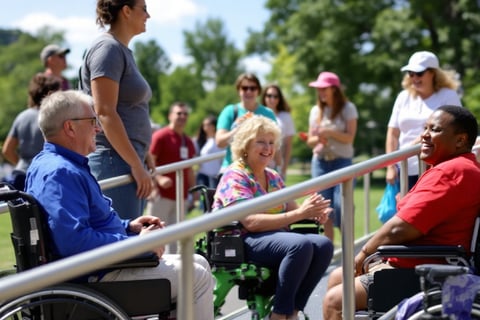





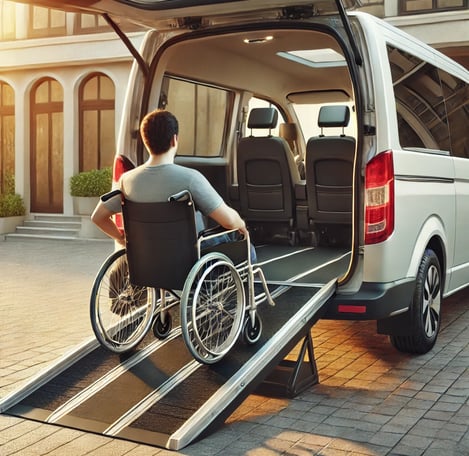

Support Coordination is an NDIS-funded service that helps participants understand, organize, and maximize their plan. A Support Coordinator assists with connecting participants to services, managing funding, and building independence in navigating the NDIS.
Level 1 Support Coordination: Helps participants understand their NDIS plan and connect with services. Provides short-term assistance to build confidence in using supports.
Level 2 Support Coordination: Helps participants find, choose, and manage service providers. Ensures participants get the best value from their funding. Assists in resolving service delivery challenges.




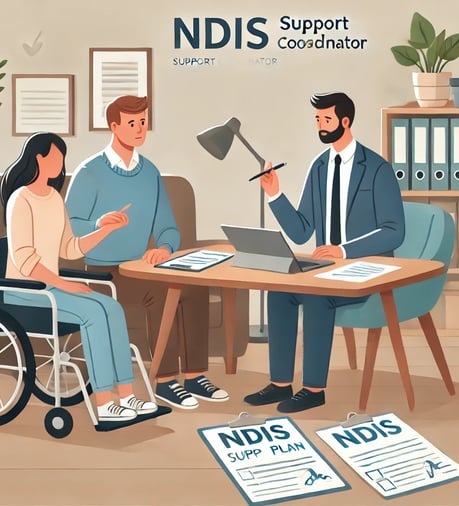

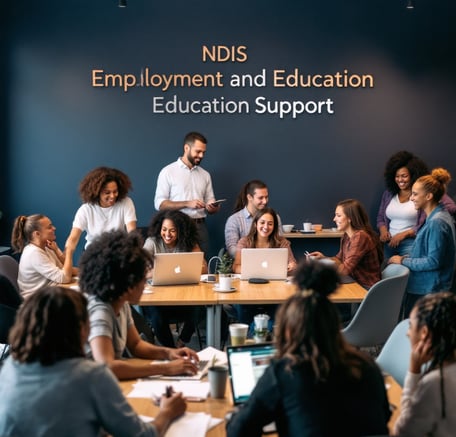

Transport support helps NDIS participants access the community, education, employment, and daily activities by funding their transportation needs. It is designed for people who cannot use public transport due to their disability
Respite support gives NDIS participants opportunities to engage in new activities, meet new people, and develop independence while ensuring their usual carers get a break. It can take different forms, including: In-Home Respite, Community-Based Respite, Short-Term Accommodation (STA) or Residential Respite & Host Family Respite.
Respite Care
Empowerment Initiatives
Supporting independence for individuals with mental and physical challenges.


Independence Programs
Helping clients achieve personal goals and gain independence.






Quality Services
Dedicated to improving lives through tailored support and guidance.
Ability First Hub has transformed my life, providing the support I needed to regain my independence. Their compassionate team truly understands the challenges faced by individuals.
John Doe

★★★★★
Contact Us
Enquire Today
© 2024. All rights reserved | Ability First Hub Pty Ltd trading as Ability First Hub | ABN 67 680 965 986
Follow Us On Social Media
Location: We service most of Sydney suburbs
Opening hours:
Mon to Friday: 9am - 5pm
We acknowledge the traditional owners of country throughout Australia, and their continuing connection to land, sea and community. We pay our respects to them and their cultures, and to elders past and present.
